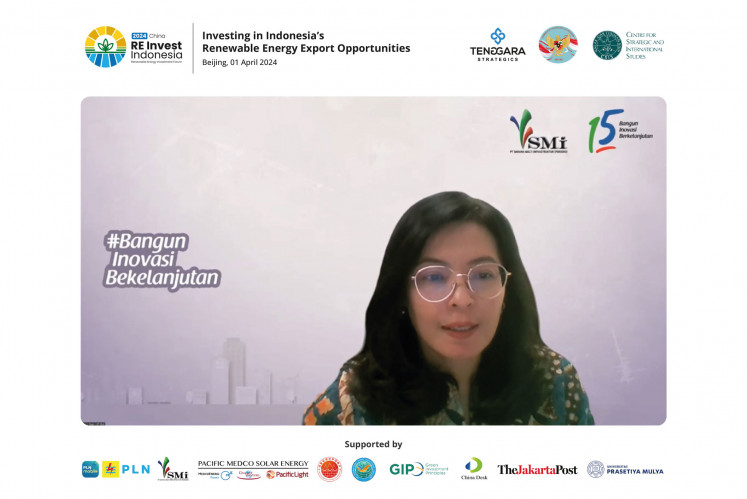Revisiting Indonesian history’s ‘missing link’
When the average Indonesian is asked to narrate the nation’s history before its independence in 1945, most of them will probably talk about colonization by Europeans, particularly the Dutch, and the painful stories of exploitation and violence associated with it.
Change Size
 - (-/-)
- (-/-)
Sebastian Partogi
The Jakarta Post/Jakarta
When the average Indonesian is asked to narrate the nation’s history before its independence in 1945, most of them will probably talk about colonization by Europeans, particularly the Dutch, and the painful stories of exploitation and violence associated with it.
Hilmar Farid, the Culture and Education Ministry’s general director of culture, said this partial historical comprehension had instilled a defeatist attitude among some Indonesians. He said a lack of awareness had driven some Indonesians, like other peoples who have been colonized or governed by authoritarian leaders, to adopt an enduring sense of victimhood. This in turn makes us prone to blame external forces for our national problems, he claimed.
Historian JJ Rizal, meanwhile, said this sense of helplessness at being victimized by colonists had also given birth to narrow nationalism, which often shifted into xenophobia and chauvinism, attitudes we can easily see in many Indonesians today.
“Indonesia’s history as a civilization goes back a long way before the Dutch colonists came [around the 17th century]. Far before that, we had already engaged in international trade, with ancient kingdoms who reached their glory days before and during the 17th century and even beyond,” Hilmar, who is also an historian, told The Jakarta Post at his office.
Indonesia’s long history cannot be separated from the history of the spice trade spanning thousands of years, with the arrival of colonists around the 16th and 17th century marking the spice trail’s most significant historical epoch.
Kompas, kompas.com, Kompas TV, The Jakarta Post, National Geographic Indonesia¸ Lifelike Pictures and the Bina Museum Indonesia foundation have just launched a project illuminating the spice trade chapter of our history with a series of publications.
The spice trail expedition by Europeans to Asia, which kicked off around the 15th century, is very important, not just to Indonesia but also the globe. It marked the interaction between countries, sparking cross-cultural exchange that resulted in the modern economic and socio-political world we know today.
“By learning about the spice trail, we learn about our process of becoming [a nation called] Indonesia. If we want to be successful as a nation, we have to look to our roots,” Rizal said separately.










